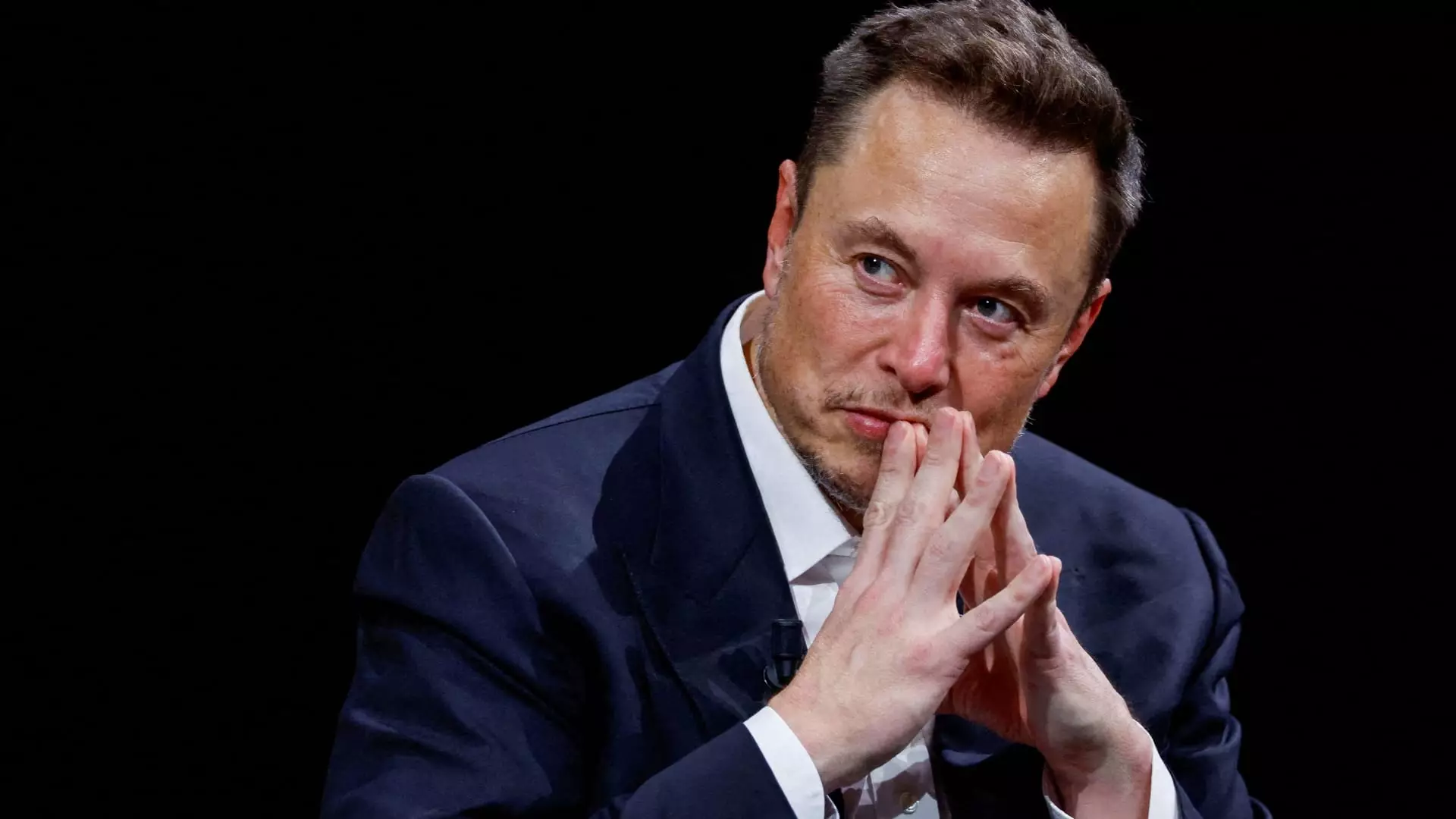Tesla has long been heralded as a futuristic marvel that promises to revolutionize transportation. Yet, beneath this shiny veneer lies a troubling narrative of negligence and overhyped technology. The recent federal investigations into Tesla’s reporting practices serve as a stark reminder that the company’s pursuit of autonomous vehicles may be more of a gamble than a safety breakthrough. The fact that the National Highway Traffic Safety Administration (NHTSA) uncovered significant delays in crash reporting raises questions about transparency and accountability—core tenets that any responsible automaker should uphold. When safety data is deliberately hidden or delayed, it becomes impossible to gauge the true risks that Tesla’s autopilot systems pose to the public.
Moreover, the allegations suggest systemic issues within Tesla’s data collection processes. The company’s claim that these issues have now been “fixed” rings hollow when considering the gravity of withheld crash reports, some of which may have occurred months or even years prior to reporting. Such lapses not only jeopardize consumer trust but also undermine the regulatory oversight designed to protect lives. If automakers cannot reliably report incidents involving automated driving systems, how can society confidently accept these features as ultimately safe—let alone rely on them for the future of mobility?
The Illusive Promise of Autonomy: A Reckless Future?
Elon Musk’s vision of a driverless fleet and robotaxi empire captivates the imagination but also exposes a dangerous hubris. The ongoing push to deploy autonomous vehicles at a commercial scale often appears driven more by corporate ambition than by safety considerations. Tesla’s so-called “Full Self-Driving” (FSD) system is repeatedly marketed as a game-changer, yet it remains a driver-assisted feature that demands active human supervision—a paradox that confuses consumers and regulators alike.
The surveillance data, including reports on fatalities where Tesla’s autopilot or FSD was involved, paints a troubling picture. While Musk champions the technology as a breakthrough, independent sources suggest these incidents are far from isolated. The figure of at least 59 deaths connected to Tesla’s automated systems, compiled from various sources, indicates a pattern that cannot simply be dismissed as accidents—it hints at systemic risk embedded in Tesla’s rush toward automation.
This pursuit of an autonomous utopia disregards the fundamental reality that the technology is still immature. The promise of safe autonomous mobility often doubles as hype, designed to boost stock prices and shareholder confidence rather than prioritize public safety. The ongoing development of robotaxis—while exciting in theory—remains far from proven, with Musk’s network still in its infancy and heavily dependent on regulatory gullibility. The lack of clear revenue forecasts or safety benchmarks casts doubt on whether these initiatives are sustainable or just a high-stakes gamble with the public’s safety as collateral.
The Political and Economic Consequences of Tesla’s Recklessness
Tesla’s current struggles extend beyond safety scandals; they reflect broader concerns about the company’s leadership and its influence on public discourse. Musk’s controversial political rhetoric, alignment with polarizing figures, and efforts to influence government policy—such as slashing federal spending—undermine the credibility of his technological pursuits. While innovation is vital, it cannot come at the expense of public trust and responsible regulation.
The broader societal implications are clear: Tesla’s aggressive expansion into autonomous transportation is not merely a technological race but a moral one. If the industry prioritizes market dominance over rigorous safety validation, society risks inviting disaster. The recent investigations serve as an urgent wake-up call that advances in automation must be coupled with unwavering transparency, stringent oversight, and a genuine commitment to public welfare. Without these safeguards, the promise of safer roads risks devolving into a perilous illusion, driven by the relentless pursuit of profit and prestige rather than genuine care for the millions who share the road.

